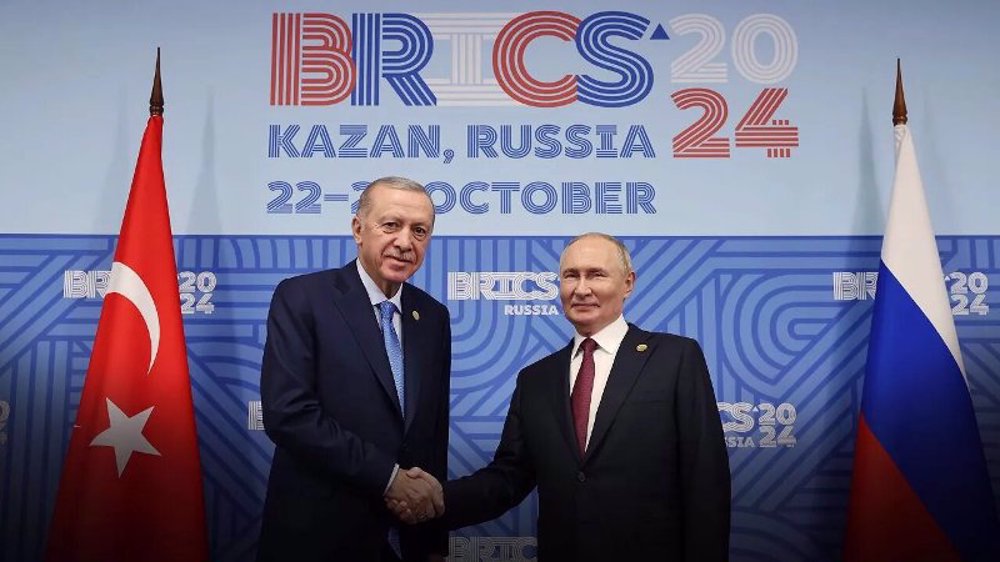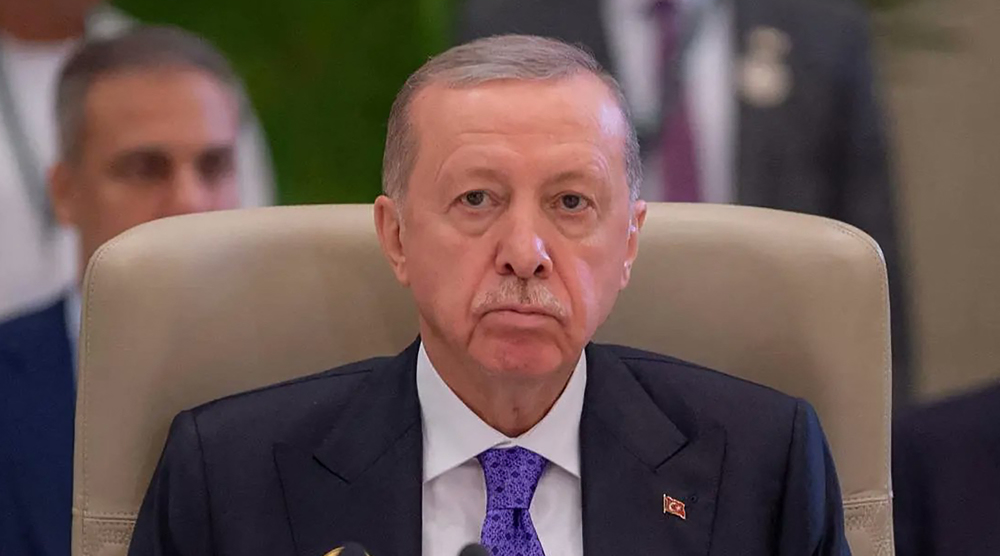Turkey begins debating changes to electoral laws
The Turkish parliament has begun debating a series of changes in the country’s electoral laws, something that opponents of President Recep Tayyip Erdogan say would further consolidate his powers while affecting the integrity of votes.
The debate started on Monday and lawmakers are expected to vote on the amendments sometime this week.
The proposed changes include a new mechanism that would allow smaller parties to enter alliances with the ruling party even if they fail to pass the minimum threshold of gaining 10 percent of votes.
Opponents say in the new system, parties with a smaller base of public support, like the nationalist party favored by Erdogan, would gain an unfair advantage over other major opposition parties. They say the scheme would lead to a "dirty alliance" between Erdogan’s Justice and Development Party (AKP) and the nationalists, enabling Erdogan to secure the nationalists' continued support in presidential elections set for November 2019.
The changes in electoral laws also cover the supervision and organization of votes.

The opposition, which failed to have the measures, which it called “unconstitutional” withdrawn from parliament on Monday, insists that fraudulent voting would be likely as a result of the changes as Erdogan’s administration would have the power to appoint partisan government officials to oversee ballot stations, while it would be able to move ballot boxes and call troops whenever it thinks there are security threats.
Opposition legislator Muharrem Erkek criticized the new motion, saying it would "shake the security of the ballots at the core,” while “fair representation is being abolished.”
The government has defended the new changes as necessary to ensure "electoral security" in Turkey’s southeast, citing an insurgency by Kurdish militants in the region.
Given sufficient majority for the AKP and the nationalists in parliament, the changes are expected to easily pass the chamber.
Erdogan has previously managed to engineer changes in Turkey’s constitution to create a new presidential system and abolish the once-powerful office of prime minister.
Jordan sentences former lawmaker for supporting Palestinian resistance
Basij volunteer forces hold massive drills in southwestern Iran
Israeli war criminals 'not welcome', US city says after ICC ruling
US vetoing of Gaza ceasefire resolution ‘disgraceful’: Iran’s UN envoy
VIDEO | IAEA adopts anti-Iran resolution tabled by E3
VIDEO | Iran's president urges Pope to help end Israel's onslaught in Gaza
Iran's senior legal official: ICC arrest warrant for Netanyahu ‘great victory'
Nov. 21: ‘Axis of Resistance’ operations against Israeli occupation












 This makes it easy to access the Press TV website
This makes it easy to access the Press TV website